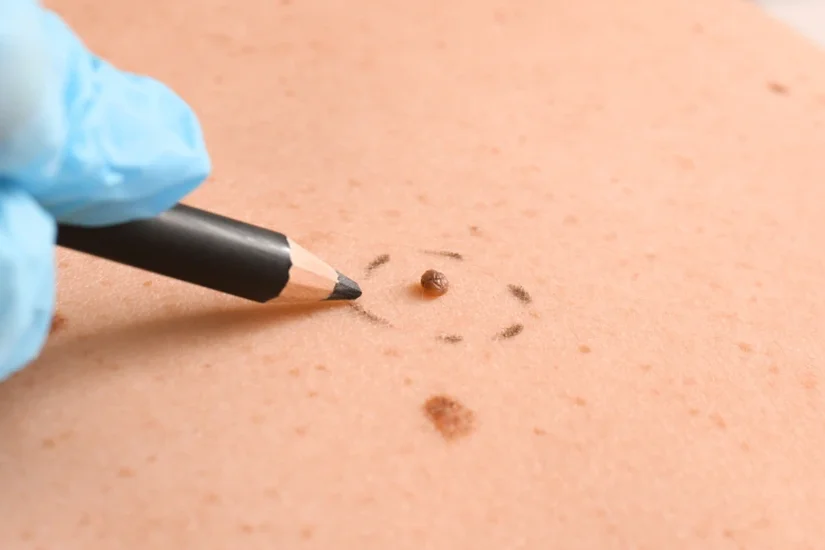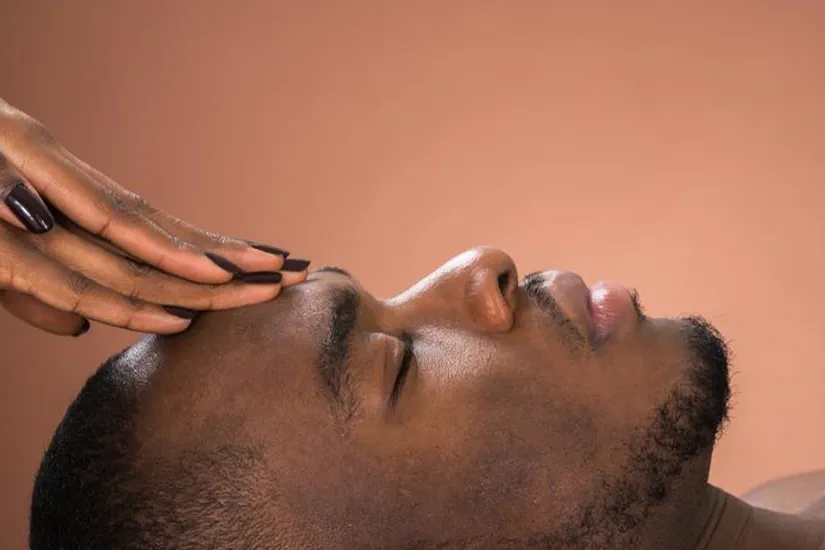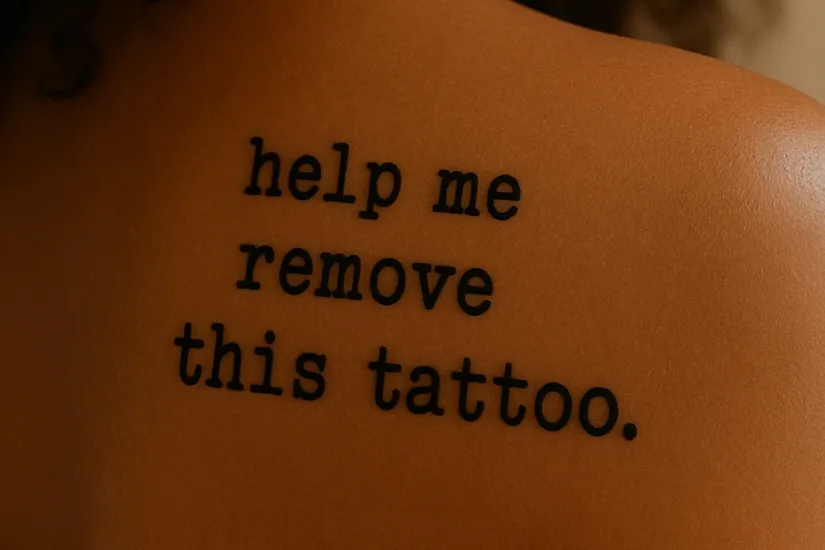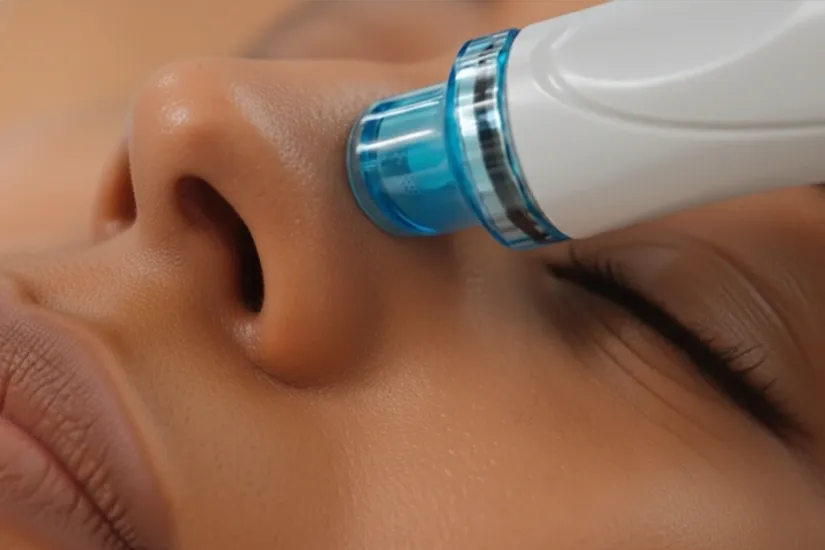Mole Mapping - Early Detection of Skin Cancer
Skin Cancer occurs when the DNA of your skin cells mutate and your skin cells grow out of control and form cancer cells. There are a number of factors that increase your risk of getting skin cancer.
While everyone should have a skin checkup as part of their annual physical exam with their Dermatology doctor, some patients are at higher risk for skin cancer and should to be observed and monitored very closely.
You might have heard of Mole Mapping in Kenya. It is a skin examination method that involves screening your skin, looking for changes in moles and/or other skin lesions that could potentially turn pre-cancerous or cancerous.
What Is Mole Mapping in Kenya?
Mole Mapping is a screening procedure, which helps detect potential skin cancer much earlier.
Mole Mapping involves a special computer taking closeup photos of your body, later combining these photos into a complete image map of your body. This complete image is then used to compare your whole body image map for your future follow-up visits. The AI software compares your image maps and detects any new or old lesions, moles that differ from your previous visits. This helps you track moles and lesions year to year for any changes.
Follow-up times can vary depending on your health risk factors. It is adviced to do mole checkups annually, but you may be asked to come back sooner based on your individual or family health history.
Why is Mole Mapping Important?
Mole Mapping can help you identify and detect potential skin cancers early and in some cases reduce the need for biopsy. People with high risk for skin cancer should definitely consider visiting their Dermatologist for mole mapping regularly.
If you have any of below, you should consider Mole Mapping – Skin Cancer Examination at soonest:
- Fair Skin: People who are blonde, have red hair, light-colored eyes and are prone to freckles or sunburns are more likely to develop skin cancer.
- Sunny or high altitude climate: People who live in Kenya for example stand a higher chance of getting skin cancer than someone living in Europe mainly because Kenya is sunnier than Europe. If you also live in high altitude areas, you are exposed to stronger sun radiations than people living in low altitude areas.
- Exposure to radiation: People with acne or eczema and have been receiving radiation treatment have a high risk of getting skin cancer.
- Family history and one’s immunity: If you have had a family member diagnosed of skin cancer, then you are predisposed to the disease. People with weak immune systems may easily contract the disease when exposed to factors that cause skin cancer.
Early detection of Skin Cancer will give you a better chance to successfully undergo the necessary treatments and overcome the disease. We recommend you visit Dr. Stasch MediSpa for regular check-ups as well as skin treatments that boost your overall skin’s health.
Mole Mapping
During Mole Mapping in Nairobi, we use full-body digital imaging to find new lesions on your skin,…
Experience for yourself
Mole Mapping
During Mole Mapping in Nairobi, we use full-body digital imaging to find new lesions on your skin,…
Explore more Insights
Sun Damage, Dark Spots & Skin Cancer Risk in Kenya
Kenya’s warm, sunny climate is beautiful, but year-round sun exposure can…
Men’s Guide to Medical Spa Treatments
The holidays are not just about travel, parties and family gatherings -…
Pregnancy, Post-Pregnancy & Skin Changes
Pregnancy is a beautiful and life-changing journey, but it also brings…
Chemical Peel Treatment in Nairobi
Our Chemical Peel Treatment in Nairobi can help you with with dark spots,…
Laser Tattoo Removal – Everything You Need to Know
Ever looked at your old tattoo and thought, “What was I thinking?” With…
Benefits of HydraFacial for Nairobi’s Climate
Nairobi’s environment can take a toll, leaving your skin looking tired and…







